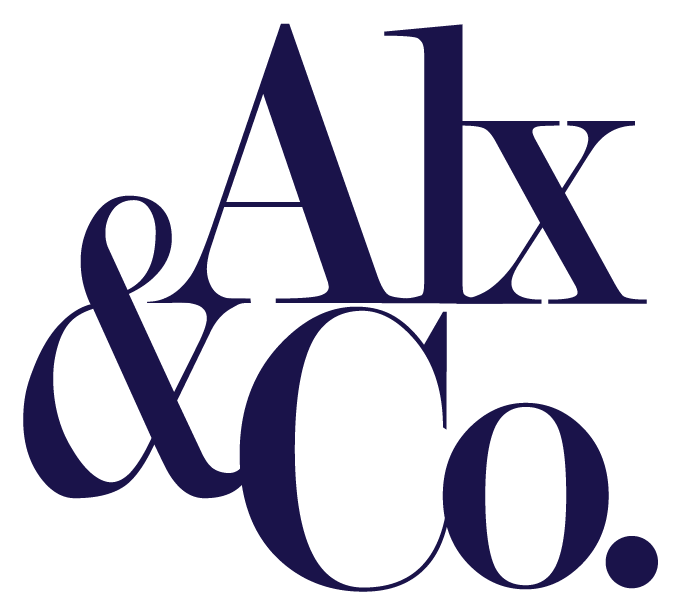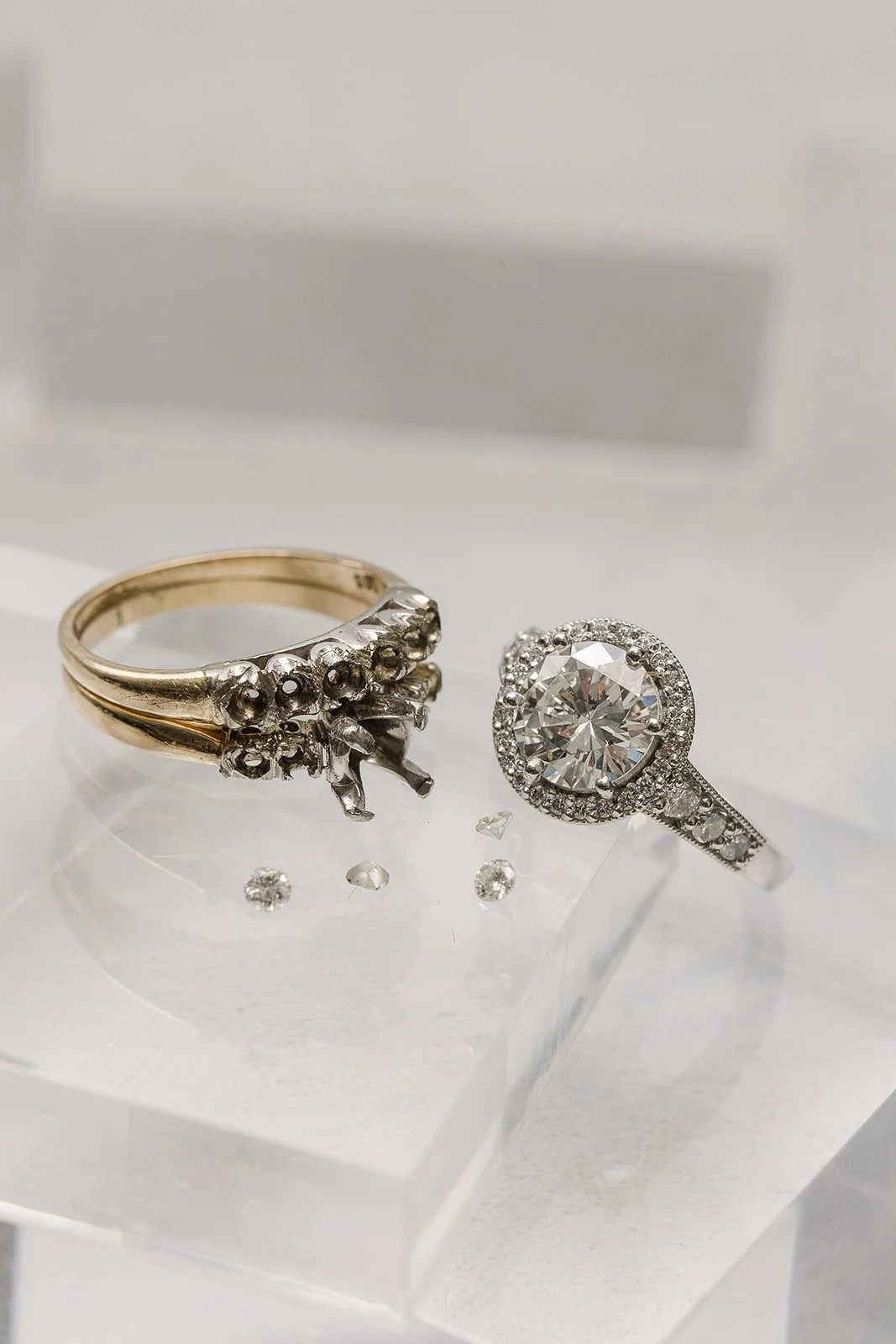Why Sustainability and Shopping Small Go Hand-in-Hand
You’ve probably seen plenty of advertising already from business like Exxon and Walmart about how they “honor” Earth month and if you’re like us, you may feel a bit jaded about the whole deal. In so many ways, Earth Day can feel like another marketing opportunity to get you to buy more things, which kind of goes against the whole point of the holiday. Instead, we thought we would take a minute to talk about why choosing small is always the best way to honor sustainability.
The first step towards sustainable practices is to limit consumption and, relatedly, to limit over-production and over-escalation. This is, of course, antithesis to how large companies work and in many ways it’s the antithesis to what MBAs learn in business school about how to maximize profitability. I can’t tell you how many conversations I have had with MBA friends and owners of larger companies where I find myself stating again and again that our goal as a business is not to expand, but rather to offer an increasingly better product and experience to our clients. They truly cannot comprehend that Tim and I have no desire to open a second or third location, nor do we hope to create a scalable line of jewelry that can be sold online to an expanding audience near and far. Our reasons for this are manyfold:
One, we actually enjoy our jobs: we get to work with clients on interesting projects that are meaningful to them, we have an incredible team of people who work with us whose company we enjoy, and we take pride in being part of the unique community that makes up Old Town.
Secondly, I love that the things we make are carefully considered and valued by our clients - no one is making an impulse purchase at our shop, and we only produce what people are actually going to use. This is really important to me, as someone who finds the sheer wasteful quantity of things that other companies push - always a new must-have line, a new seasonal favorite, a new “perfect” addition to your life that will end all your problems - until the next trend rolls around. I simply don’t think that fine jewelry should fit into this category of marketing, so we don’t participate in it.
We care deeply about our work and team members and we take our roles seriously to provide a stable, enjoyable place to work and do business. The idea of over-leveraging through expansion and seeking bankruptcy if you fail feels unsavory and irresponsible to us but guess what? This is exactly what expansion-minded entrepreneurs and VC-backed companies do, every day, only to start their next widget plan next quarter. I distinctly remember a dinner conversation with another entrepreneur (a Darden school graduate) who had just opened another location of their company in our neighborhood (adding onto the five that already existed). We discussed his commercial lease: a ten-year term at an exorbitant rate that seemed unsustainable for the model, and when I expressed surprise at his rate and term he explained that they could always have the LLC file for bankruptcy and abandon the lease if they wanted to… and that’s exactly what they did, less than two years later. I have never seen this person again, and neither did his staff who were unceremoniously fired as part of this failed expansion fest.
While I fully understand that this model is the backbone of successful capitalism in the US, it just isn’t for us and I think you’ll find the same thinking with other small business owners who actually work at and manage their businesses: they care about making it work. Now, of course: I don’t think chains are inherently bad nor am I one of the people in Old Town who is sad any time a large-name store opens on King Street. In fact, I’m glad when that happens, because I think it takes a diversity of business types to make a neighborhood work and frankly we have a number of large open retail spaces here that no small business could reasonably fill and these buildings are not easily subdivided. I don’t think that the two models of locally-owned businesses and large chains are mutually exclusive and I take a lot of lessons from larger models regarding convenience and listening to clients. But, Tim and I don’t have to participate in the expansion model ourselves and we can instead put our time and energy into perfecting our own services for our clients.
Now, what does this have to do with sustainability? I’ll show my cards here that I am a decidedly think more, buy less kind of person. I do not like when people try to push purchases upon me, and I take the same mindset in our showroom, much to the chagrin of my MBA friends. I can freely state that you do NOT need more fine jewelry in your life! You don’t need to purchase more earrings! You don’t need a stacking band! But yes, I too enjoy beautiful things and all the jewelry pieces I own have a history to them that feels meaningful to me. They bring me joy and they will last the entirety of my life, to be passed onto my son who will remember the solid gold bangles I wore every single day, or my Cartier watch that I used to teach him roman numerals because it’s always on my wrist. I think a lot before I make a purchase, which leads me to purchase less overall. I think this mentality is overall good - so much of our earth’s problems stem from, quite literally, people wanting and acquiring too much stuff and not valuing the goods they already have. Any time I can encourage a client to make use of the materials they already have, whether it’s their own diamonds or gold, I do it because that is the beauty of fine jewelry: the materials can be reused, even a hundred years later. But, mass production - even of fine jewelry - is not compatible with eco-friendly business practices. Mass production requires enormous material investment; it requires bidding to the lowest common denominator of labor; it requires overmarketing trend cycles to keep purchasers purchasing, season after season.
Any time I can encourage a client to make use of the materials they already have, whether it’s their own diamonds or gold, I do it because that is the beauty of fine jewelry: the materials can be reused, even a hundred years later.
This client reused as many of the diamonds from her heirloom setting as possible in her new, timeless halo engagement design. She saved the leftover diamonds for a future project and we recycled the original gold into other work after crediting her its scrap value.
Our small business does not promote mass production, and we want to keep it this way. If you are looking for ways to be more mindful of your own ecological footprint, I urge you to consider focusing on small businesses for your shopping needs. If this means that shopping is a little more difficult than tapping on Amazon, that’s actually a great thing! It can inspire more conscientiousness in your purchasing and will almost definitely cut down on the amount of unneeded purchases you end up making. Doing this is so much more meaningful than investing in stainless steel straws, because you’ll be encouraging a healthy, to-scale economy, you’ll be cutting down on shipping output and packaging, and you’ll be investing in pieces that you’re more likely to keep over time. A win-win for you and the planet.


